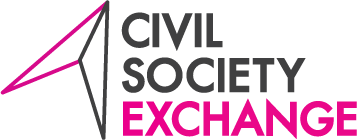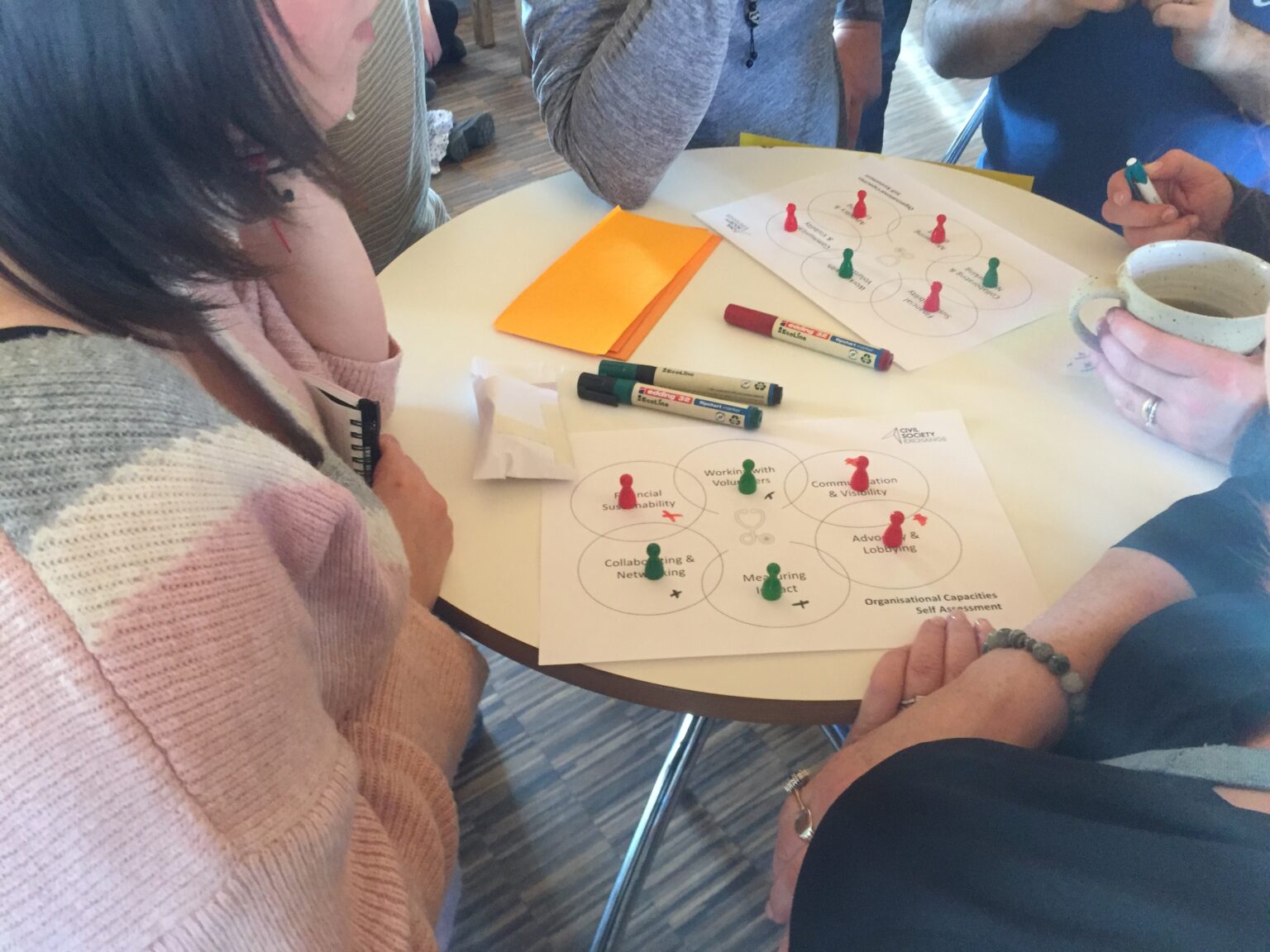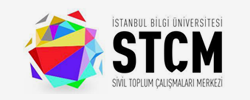The year 2020 brought a long list of changes in our lives that none of us could imagined a year ago. Ongoing COVID-19 aka coronavirus outbreak has been constantly reshaping the world we live in, while fundamentally changing the dynamics that we are accustomed to. Along with lockdowns, curfews and social distancing measures; we spent majority of our time at home in isolation in the previous year. Digital technologies have certainly made the physical separation easier, however our freedom to mobilize and collectively organize in physical public sphere has been limited. From distance, social movements seem like they are on hold like everything else. Many organizations and initiatives had to cancel their activities in 2020 or transfer them to take place in the cyber space. In this atmosphere of deepening immobility and uncertainty, we have witnessed governments and political leaders taken advantage of the crises to solidify their positions through surveillance, restrictions and centralization of power.
Unpredictable state of the world has forced social movements to evolve alongside everything else. Lack of physical connections have indeed strengthened the need to connect within our neighbourhoods, circles and communities. In areas where support from governments and public institutions remained insufficient, people have taken action to provide what is needed to those most vulnerable around them. Civil society actors have come up with novel and creative ways to mobilize in a time of global crises. Practices from the ground are numerous; from online mutual aid funds (check out the Queer Nightlife Workers in Istanbul fundraiser organized by Istanbul-based music collective Queerwaves) to some of the largest street protests ever held in history (including the on-going George Floyd protests against police violence in the USA and the Farmers’ Protests in India).

Protest against police violence – Justice for George Floyd, May 26, 2020 11.jpg” by Fibonacci Blue
Like any civil society organization that has been navigating through the unprecedented times since the beginning of 2020 , we have adapted our programs to an extremely unpredictable new reality that we found ourselves in. Throughout the process we revisited the notion of mobility and discussed how to “replicate” it in online space to facilitate formal and informal models of learning for capacity building. We have experimented and learned a lot on the way. Earlier this year, we launched our Partnership Program with eight civil society organizations from Turkey, Belarus, Georgia, France and UK in order to support them in developing their own mobility programs. We managed to organize online trainings and workshops in June across four different timezones for the partner organizations to kickstart their journey. It was later followed by the launch of the Exchange Program in November with 10 participant civil society organizations and initiatives across Turkey and European Union countries. During the online opening sessions, participants worked in partnerships and explored their organizational capacity building areas they will focus in the following 6 months. As a result, each partnership developed a roadmap or a canvas to guide them in their journey to strengthen their organizational capacity and cross-border collaboration. Differently from previous cycles of the Exchange Program, this term participants need to come up with ways to overcome existing mobility restrictions to enhance their learning experiences including online learning solutions.
Enthusiasm and dedication of the participants of our programs gives us hope for the new year. Exchange Program this year will continue until July 2021, when eventually we will have the final meeting with all the program participants. Until then, each partnership will work together on their capacity building areas and implement their learning strategies using online and offline mobility solutions. In the previous years Exchange Program participants have focused mainly on physical solutions. Their experiences taught us how mobility can facilitate capacity building (make sure to check out the Almanac of past years if you would like to learn more). This year participants are expected to explore collective online solutions for capacity building; their experiences will contribute greatly to improve capacity building through mobility model.

Exchange Program Opening Sessions
In 2021, participants of the Partnership Program will also launch their own mobility programs. European Association for Local Democracy from Strasbourg and Media Research Institute from Istanbul are developing a mobility program between Turkey and Europe to foster a democratic discourse to strengthen the capacity of grassroots media actors to function as drivers of democracy and to empower civil society in being actively engaged in public affairs and expressing/reporting their views. Troya Environmental Association from Çanakkale and Rural Communities Development Agency from Misaktsieli work on a program between Turkey and Georgia to strengthen the capacity of NGOs as effective vectors of democratic and socio-economic development, especially in the field of access to renewable energy. YUVA Association from Istanbul and their partners West of Scotland Development Education Center (WOSDEC) co-design a cross-border program that will build capacity for Climate Justice Education through GCE approach by bringing CSOs in Scotland and Turkey together to develop a joint Climate Justice Education advocacy message. Finally, Youth Organizations Forum from Ankara together with the Belarusian National Youth Council from Minsk will deliver a mobility program for youth organizations within their networks to combat with shrinking democratic space in both countries and to promote a strong and inclusive youth movement.
To stay updated about the upcoming mobility programs of our partners make sure to follow us on Facebook or sign-up for each organization’s newsletter and social media channels.
2020 has been an unusual and challenging year for all of us. Hosting mobility programs in the times of social distancing has shaken our understanding of connecting and collaborating across borders. However, the past year also clearly showed why cross-border collaboration among civil society actors is important now more than ever. We are looking forward to learn from the experiences of our program participants and expand our understanding of mobility in 2021.





